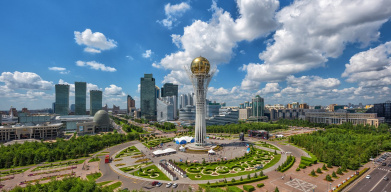The code of the future: how technologies change our cities – major international forum in Ashgabat
19.12.2024 | 01:35 |The city of Arkadag is a vivid example of how innovations transform urban environments. The international conference dedicated to "smart" cities became a platform for discussing the latest technologies and their practical applications. Scientists, engineers, and experts from around the world gathered in Ashgabat to share their ideas about the future of cities and discuss how to make our lives more comfortable and safer through digital solutions.
The forum titled "Smart City: Management, Digital and Intelligent Technologies, Security, Economy", held on December 18 at the Oguz Khan Engineering and Technology University, brought together scientists and experts from 23 countries and served as evidence of the global trend towards the creation of "smart cities". The participants presented and analyzed the latest achievements in the digitalization of urban infrastructure, exchanged experiences, and outlined ways for further cooperation. The discussions focused on artificial intelligence, energy efficiency, and cybersecurity.
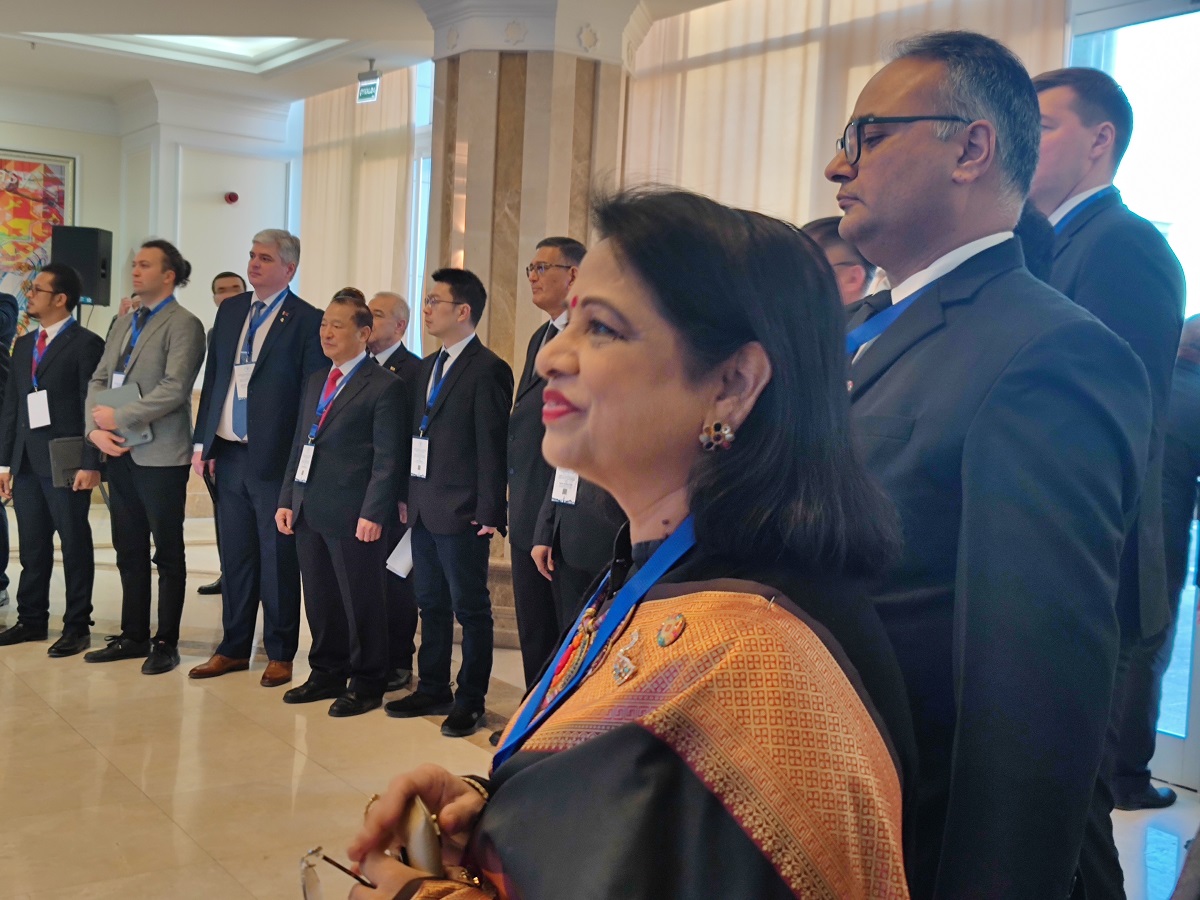
Among the foreign delegates were professors and lecturers from prestigious universities, as well as scientists from research institutes and institutions from 10 countries, including Korea, Turkey, Uzbekistan, China, India, Romania, Malaysia, the Russian Federation, Belarus, and the United States. Business leaders and company representatives also visited our country and took part in the forum.
Specialists from Japan, Austria, Ethiopia, Pakistan, Afghanistan, Kazakhstan, Tajikistan, Ukraine, Bangladesh, Georgia, Sri Lanka, and the Philippines joined the discussions online.
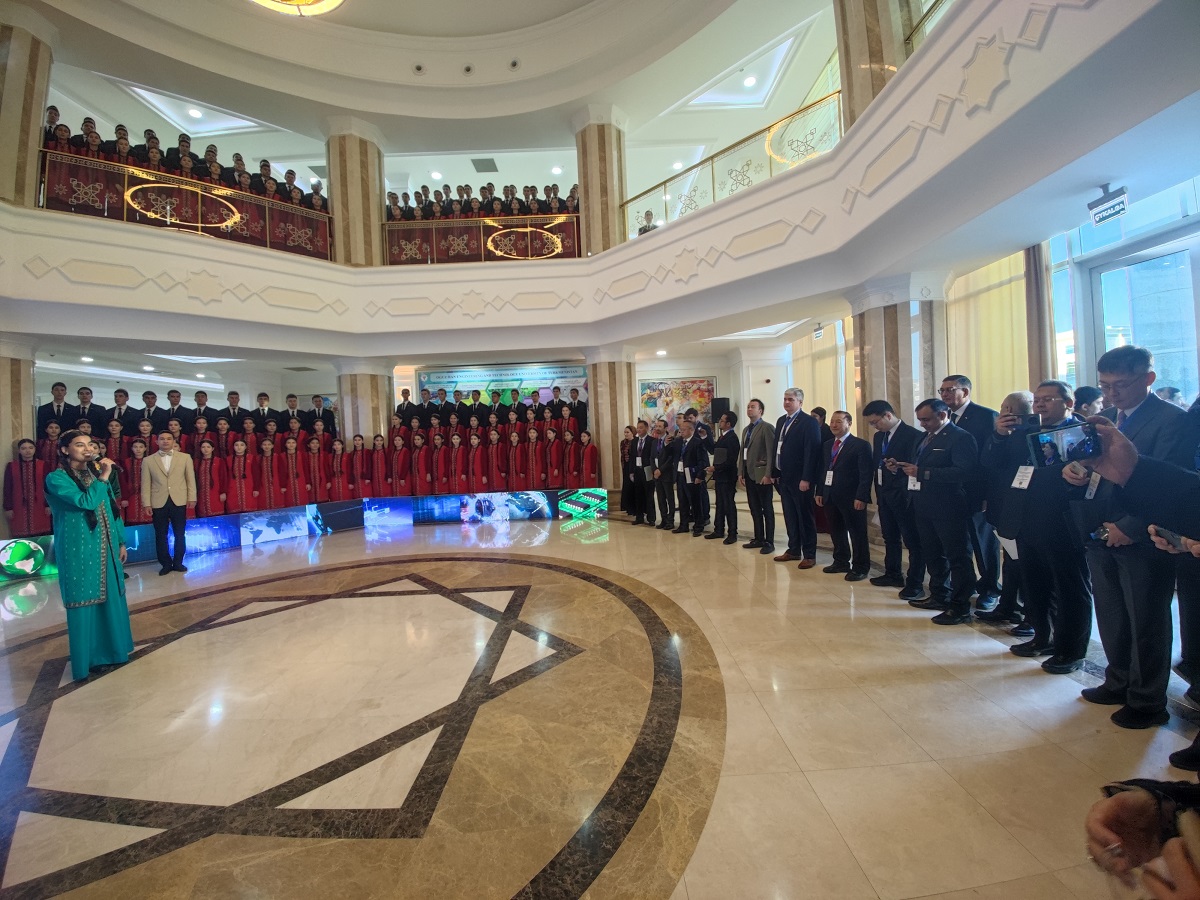
The opening ceremony of the international scientific and practical conference was highlighted by a patriotic musical composition. The student creative group "Oguzlar" performed a song dedicated to the city of Arkadag, accompanied by thematic video clips.
The plenary session of the international conference began with presentations by outstanding scientists from different countries. The President of the Academy of Sciences of Turkmenistan, Allaberdi Ashyrov, emphasized the importance of international cooperation in the development of "smart cities" by citing the unique project of the city of Arkadag as an example. The Rector of the Oguz Khan Engineering and Technology University, Gurbannmyrat Mezilov, spoke about the development of the digital economy in Arkadag city, the implementation of innovative technologies, and the provision of an ecological environment.
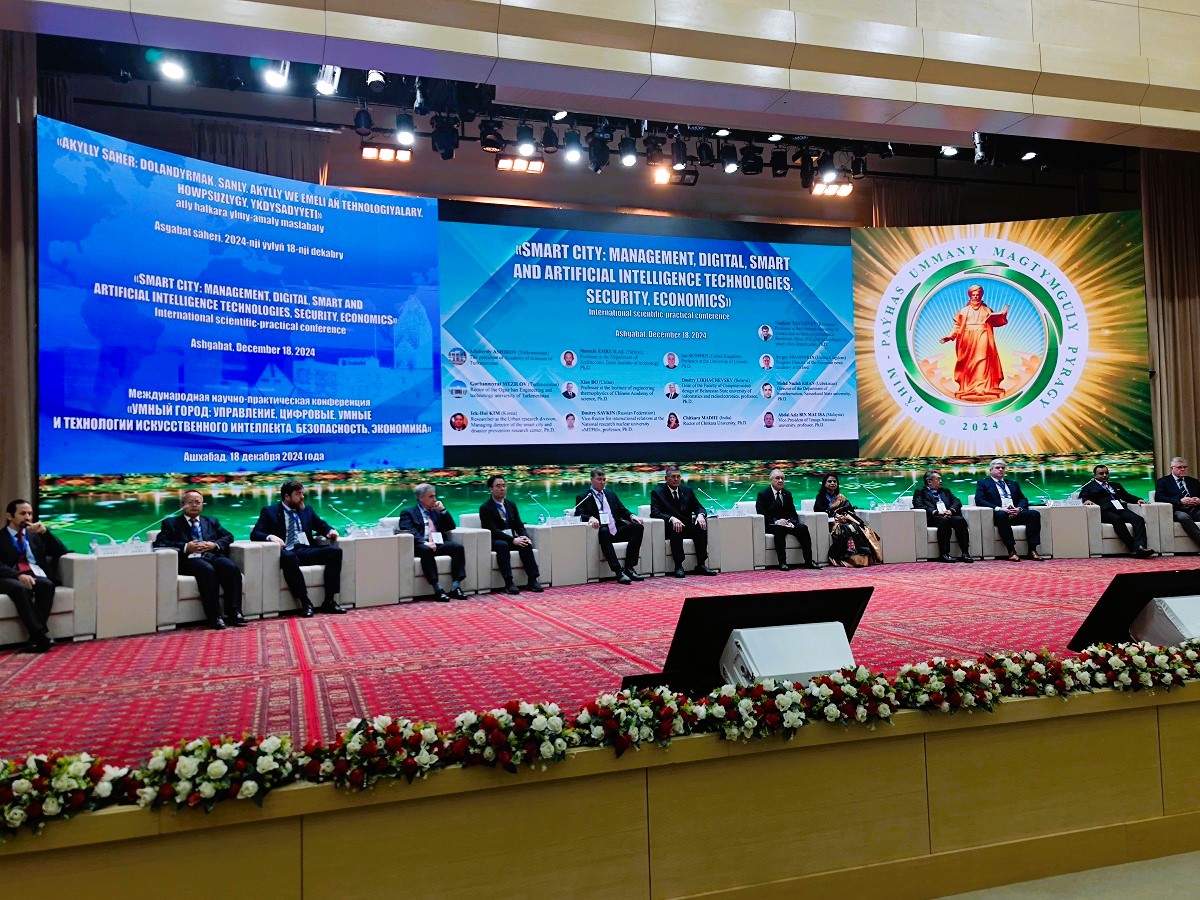
Professor Ik-Hoy Kim from South Korea discussed how his country has become one of the global leaders in the creation of "smart cities". He explained the laws adopted in South Korea to promote the development of smart cities and the companies involved in these technologies.
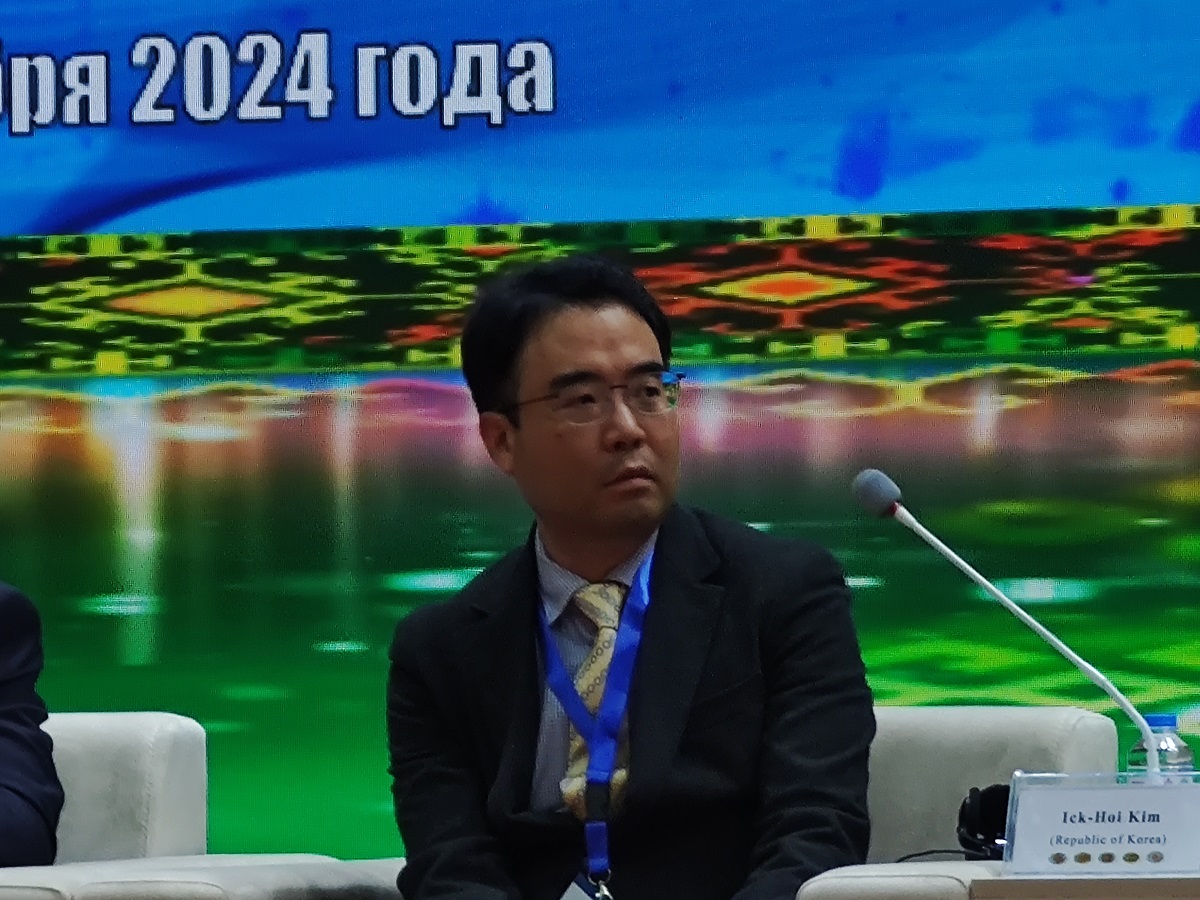
Professor Mustafa Emre Ilal from the Izmir Institute of Technology in Turkey discussed how BIM (Building Information Modeling) and GIS (Geographic Information Systems) technologies help in building and managing smart cities. He explained that these technologies make cities more livable and help use resources more efficiently.
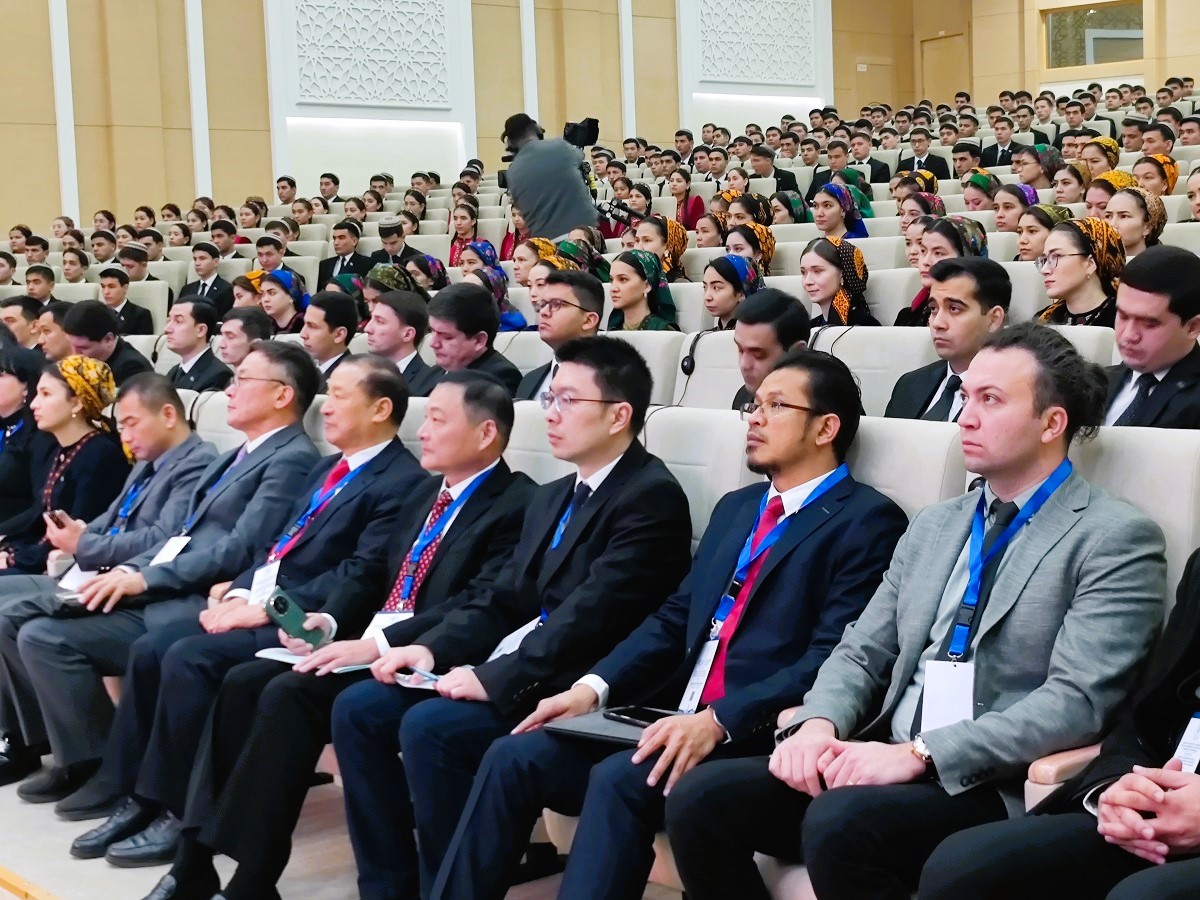
Professor Xiao Bo from the Institute of Engineering Thermophysics at the Chinese Academy of Sciences spoke about how to use energy more effectively in smart cities. He explained how special systems can manage energy consumption in such cities and provide power to data centers, which are essential for the operation of all smart devices. The professor also discussed the importance of gas turbines in energy production.
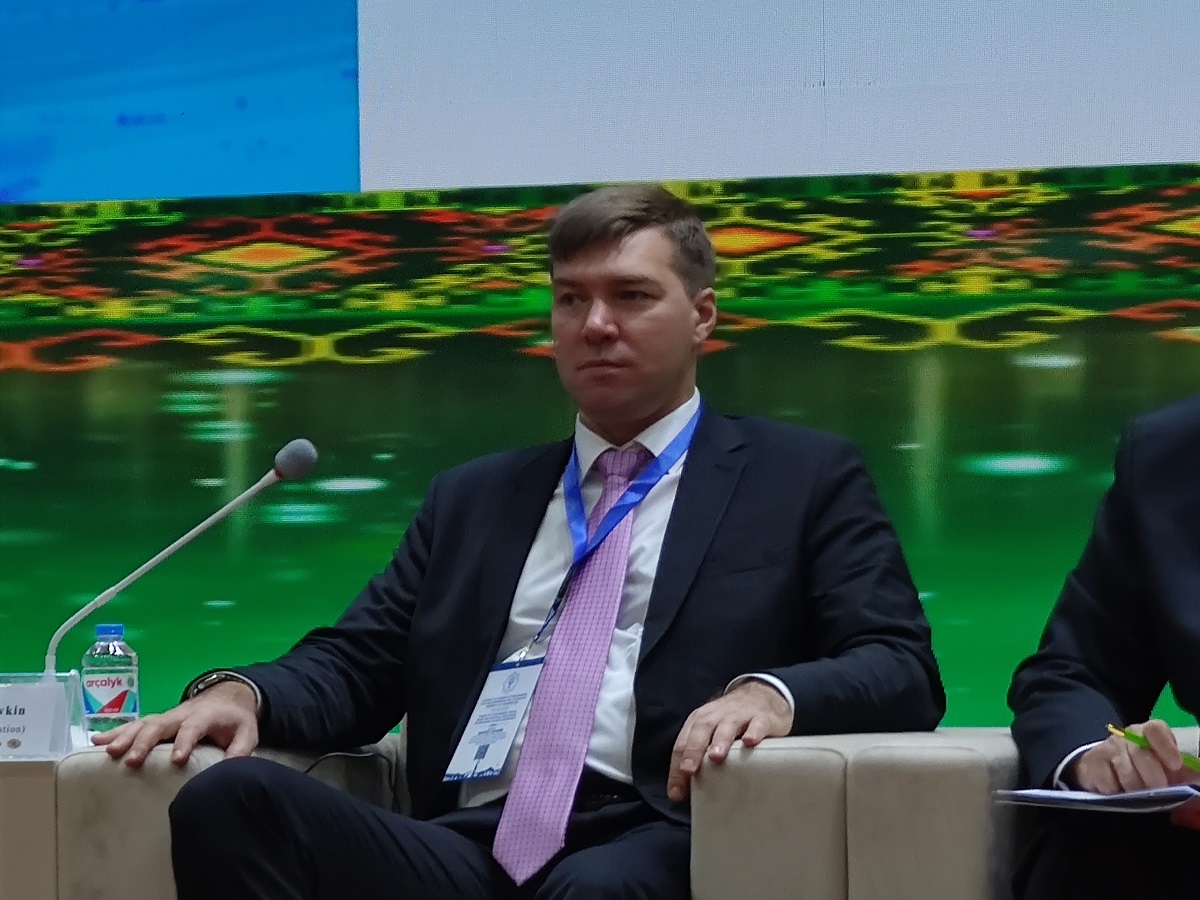
Professor Dmitry Savkin, Vice-Rector of the National Research Nuclear University of Russia, presented the role of smart cities in the global economy, using Moscow as an example. He provided a detailed account of the "Moscow-City" project and its impact on the development of the Russian capital.
Dr. Ian Scowen, Professor of Philosophy at the University of Lincoln (UK), delivered a report on functional design materials, while Professor Dmitry Likhachevsky, Dean of the Faculty of Computer Design at Belarusian State University of Informatics and Radioelectronics, spoke about methods for detecting potential threats in "smart city" systems.
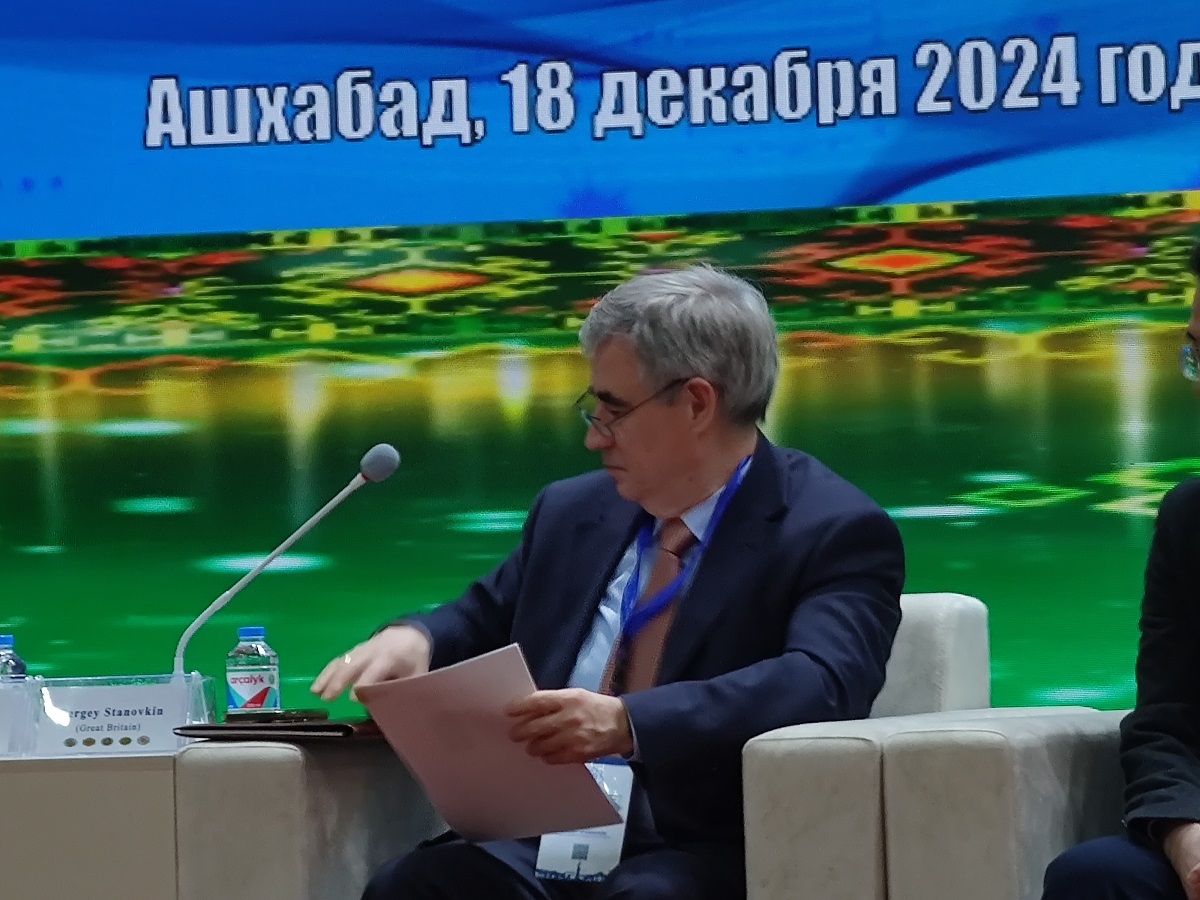
Other relevant topics were addressed by the Rector of Chitkara University (India), Managing Director of the European Academy of Information Sergey Stanovkin (Oxford, UK), Head of the Department at Samarkand State University (Uzbekistan), Deputy Rector of the National University of Malaysia, Professor of the National University of Science and Technology (Romania), and others.
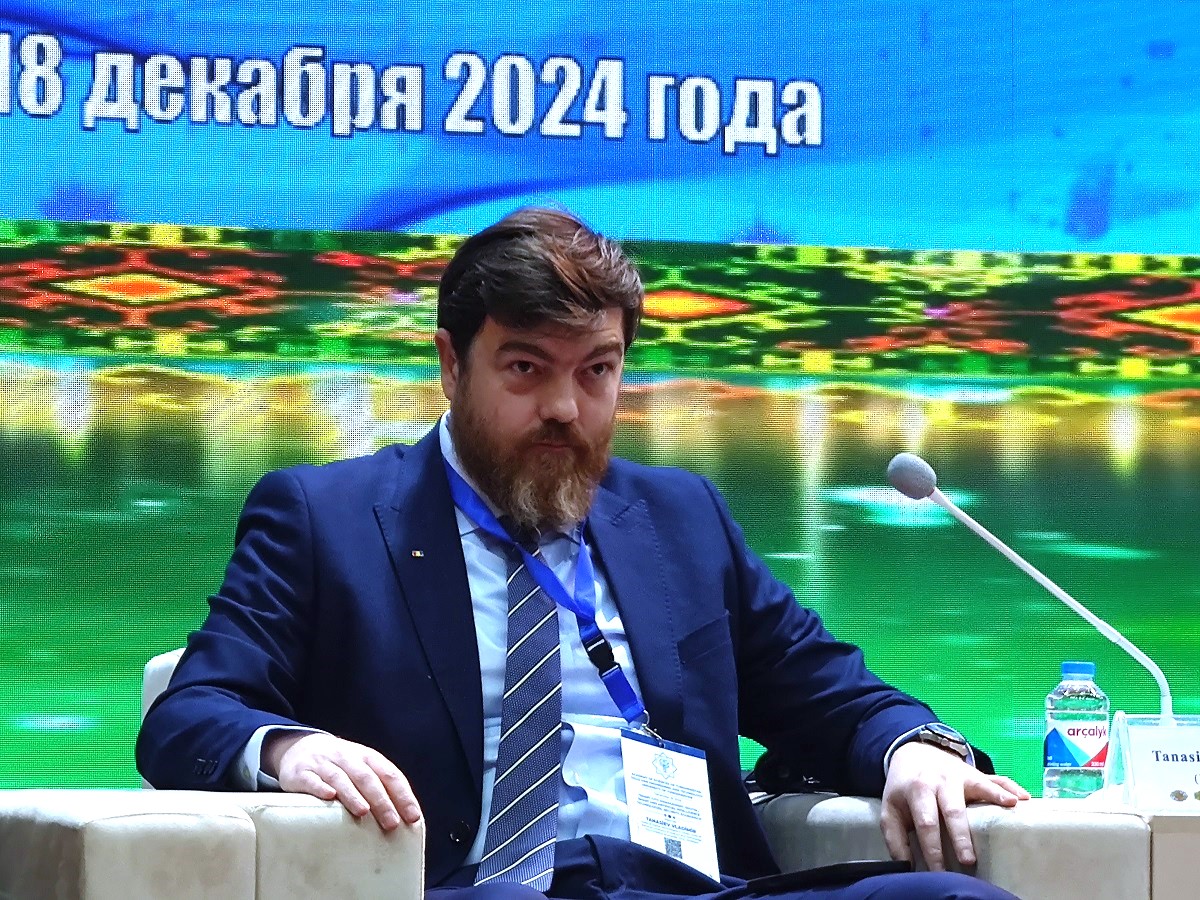
During the plenary session of the forum, the city of Arkadag was awarded certificates from leading international companies and universities for its achievements in the field of smart technologies. Experts in smart cities from South Korea, India, Turkey, Russia, Romania, and Uzbekistan presented certificates confirming the innovative nature of the city's development in areas such as the Internet of Things (IoT), transportation, energy, and ecology.
At the conclusion of the plenary session, the guests visited the exhibition "Smart City – City of Innovations", where the university's latest developments in the field of smart technologies were showcased.
The exhibition included videos demonstrating the achievements of scientists and students, as well as samples of innovative products and solutions created at the Oguz Khan Science and Technology Center and other university departments. Visitors had the opportunity to see interesting practical solutions and assess the potential of young scientists.
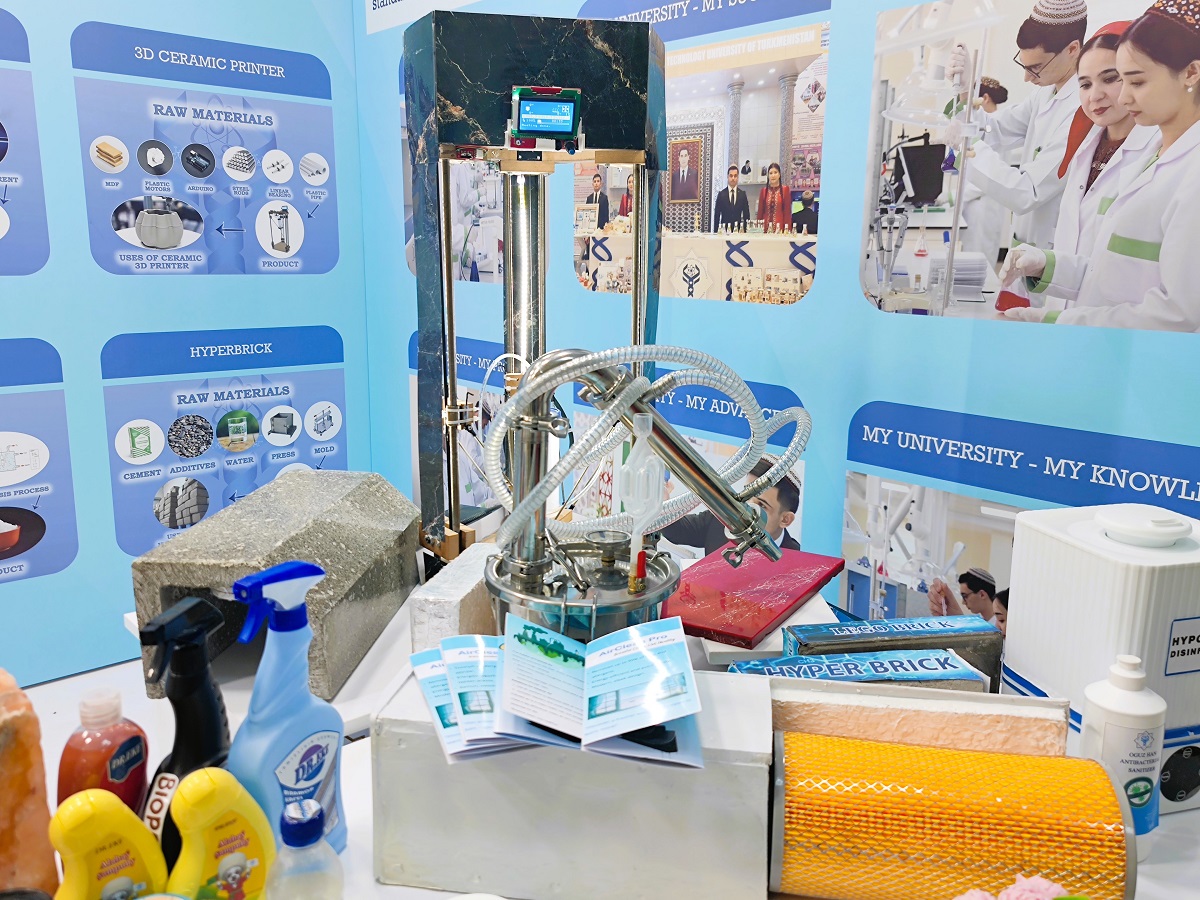
Special attention was drawn to the "Smart Home" project, which allows users to remotely control household appliances via a smartphone. Additionally, developments in cultural technologies, such as the digitization of cultural heritage and the use of virtual reality in art and education, were presented. Guests could also familiarize themselves with the university’s achievements in biotechnology and nanotechnology.
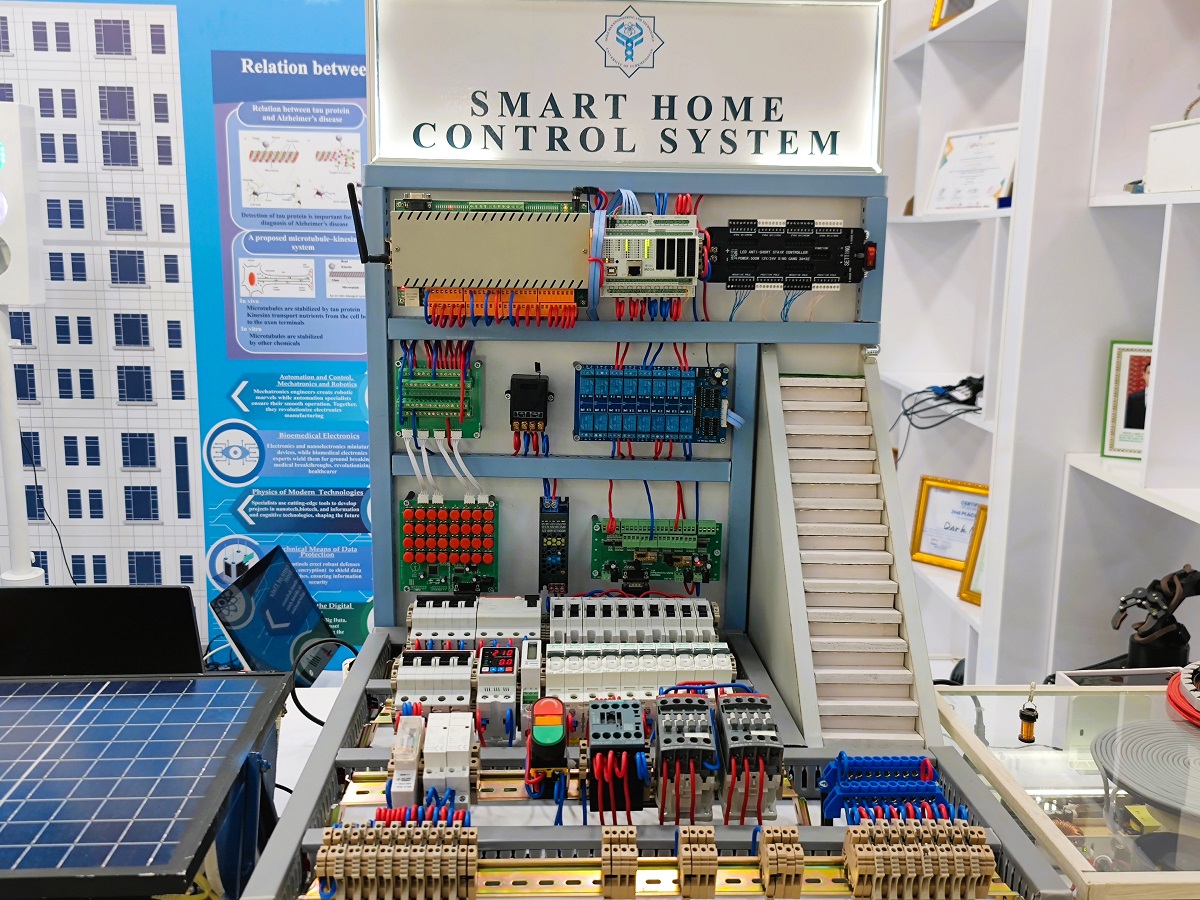
For example, the "PharmaTech" project demonstrated the development of new medicines based on local plants, as well as micro clonal propagation technologies for plants. The "FoodTech" project focuses on the use of innovative technologies in the food industry.

The "EcoTech" project presented solutions for waste recycling and the creation of environmentally friendly materials. Digital payment systems and job search platforms were also demonstrated, along with developments in artificial intelligence, robotics, and other promising areas.
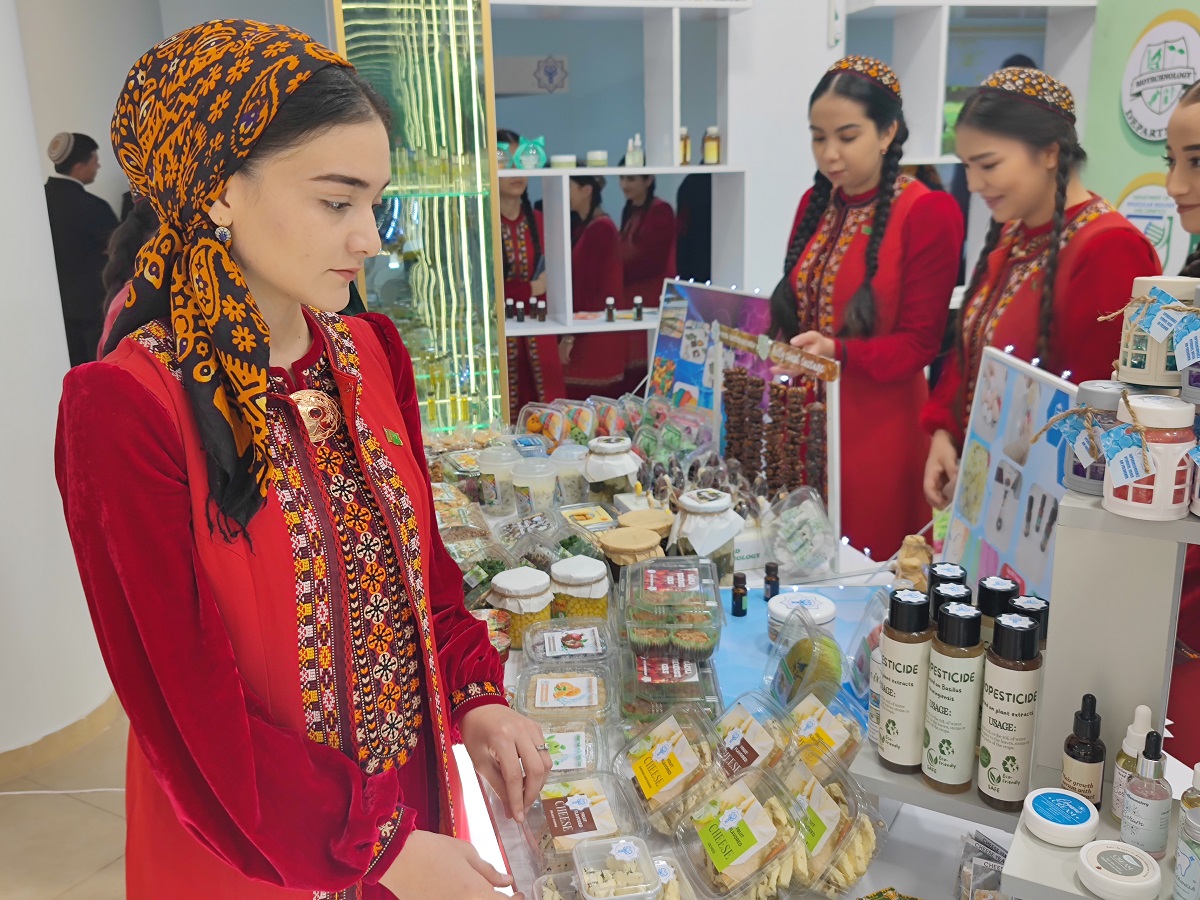
Afterwards, conference participants took part in the FoodTech Healthy Eating Festival. Guests had the opportunity to try dishes from Turkmen and international cuisine, prepared by university faculty and students, and learn about the latest technologies that support healthy eating in modern cities. The FoodTech Festival demonstrated how scientific knowledge can be applied to create healthy and diverse diets.
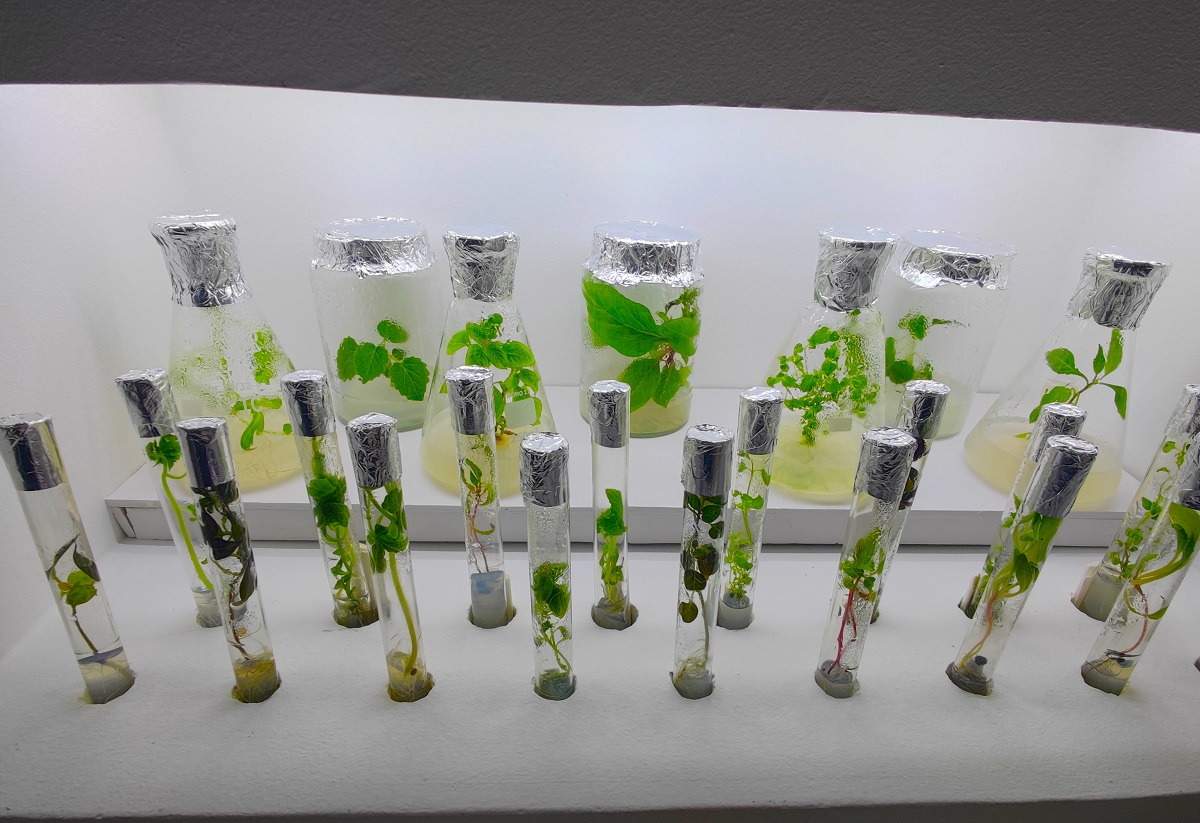
Next, the conference participants visited the CraftTech Exhibition of Folk Arts, where young artisans presented their works. The exhibition reflected the diversity of Turkmen craftsmanship and demonstrated the continuity of traditions. It became a vivid testament to the country’s rich cultural heritage.
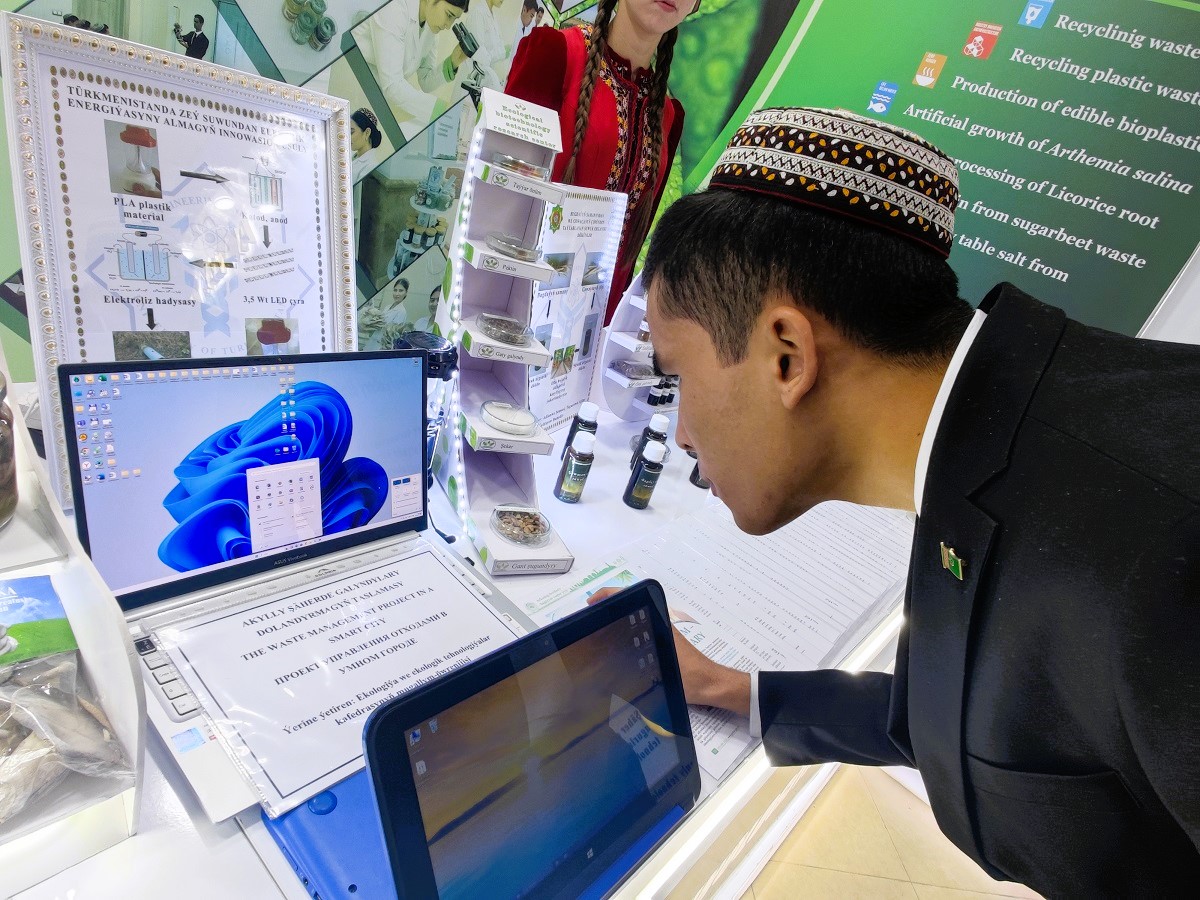
One of the highlights of the day was the eSports competition under the slogan "Smart City – City of Health". The establishment of the "CyberSport" Center at the Oguz Khan Engineering and Technology University marked an important step in the development of eSports in Turkmenistan. Turkmen eSports players have already made a name for themselves on the international stage, with a successful performance at the "Games of the Future" in Kazan.
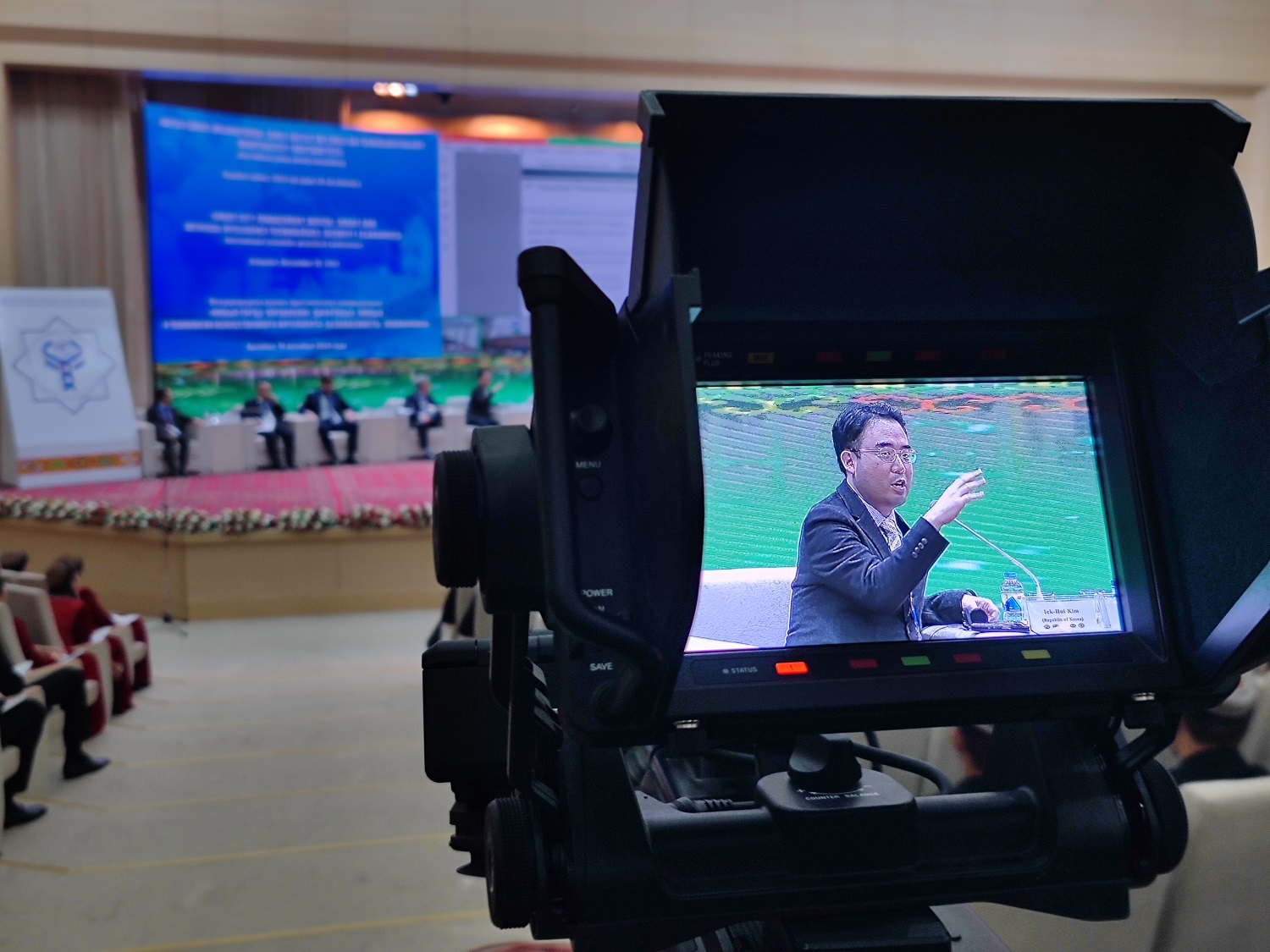
After a short break, the conference continued with sectional sessions dedicated to pressing issues in the development of smart cities. Scholars discussed a wide range of topics, including: Transport and infrastructure: modern technologies for road sign recognition, development of antennas for communication systems; Energy: renewable energy sources, application of piezoelectric and triboelectric nanogenerators; Artificial Intelligence: AI applications in industry, medicine, and everyday life, cybersecurity issues; Communication: development of antennas for 6G connectivity; Medicine: comprehensive information systems for assessing the risk of osteochondrosis, methods for early diagnosis of breast cancer, the use of nanotechnology in cosmetology. Participants presented and discussed the results of their research, as well as promising directions for the development of technologies for smart cities.
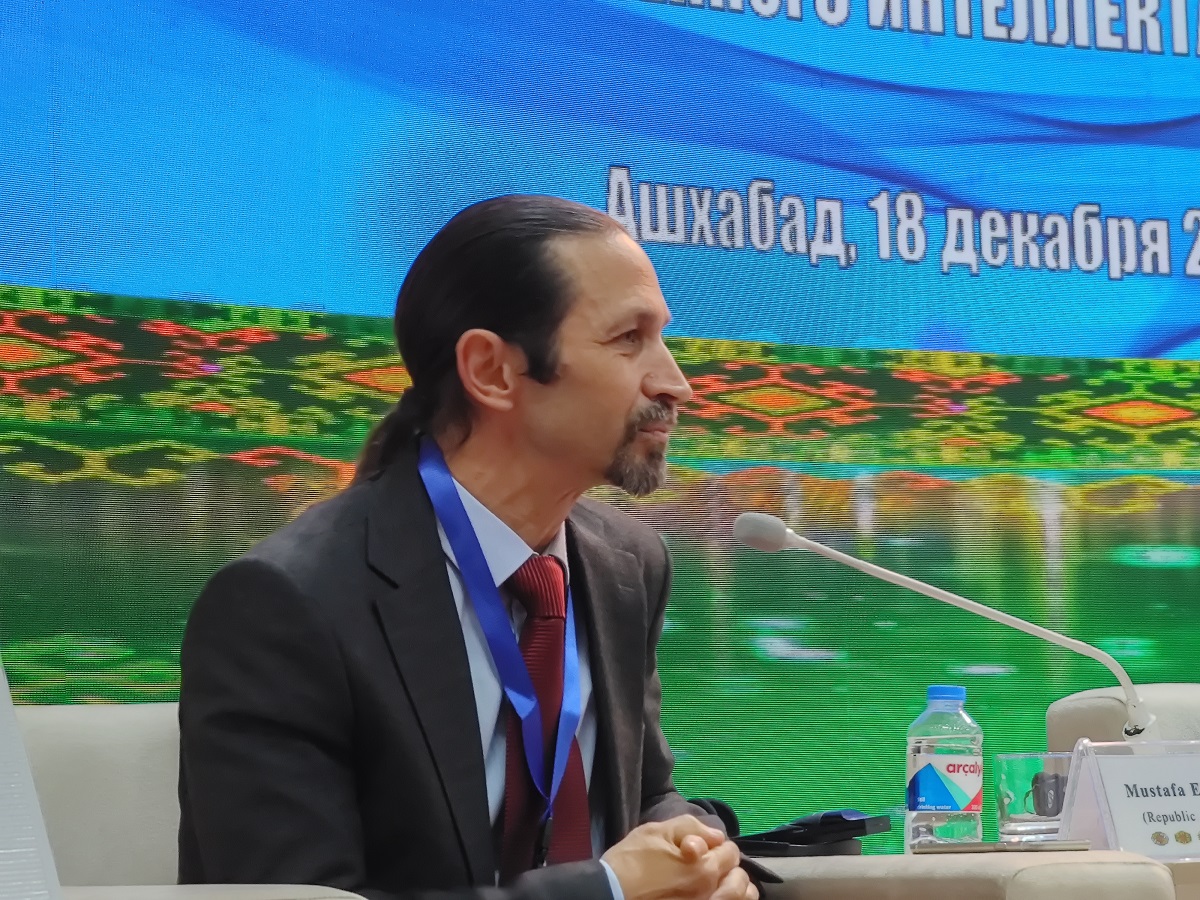
After the sectional sessions, Memorandums of Understanding were signed between the Oguz Khan Engineering and Technology University of Turkmenistan and foreign higher educational institutions. Among the agreements signed were with Belarusian State University of Radioelectronics and Informatics, the National Research Nuclear University (Moscow Engineering Physics Institute - MEPhI), and the National Polytechnic University of Science and Technology of Bucharest.
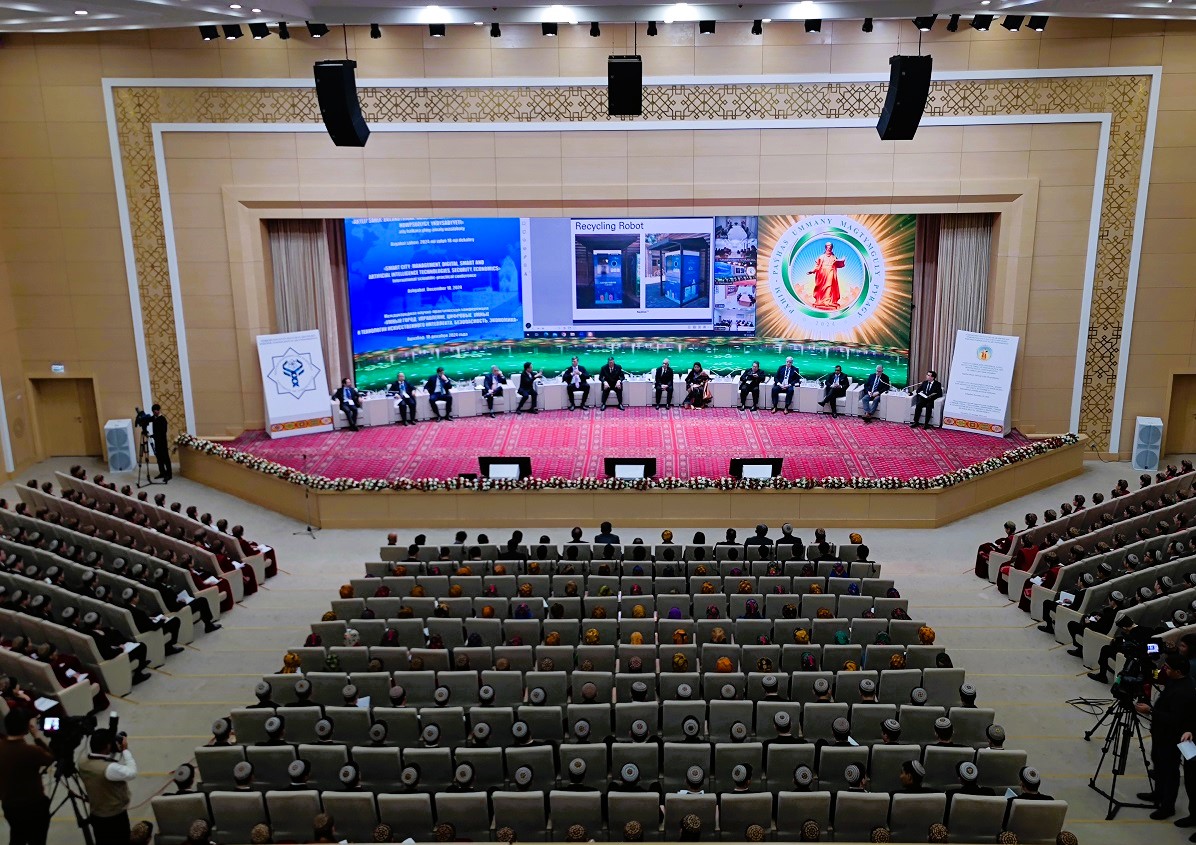
ORIENT







